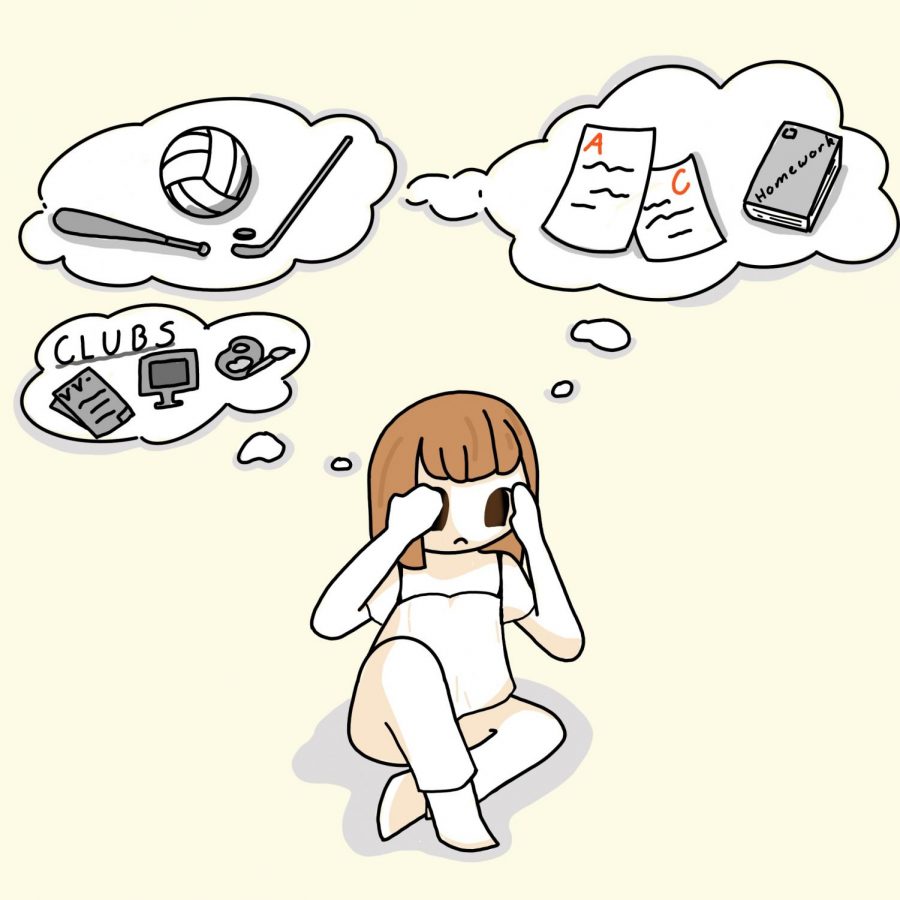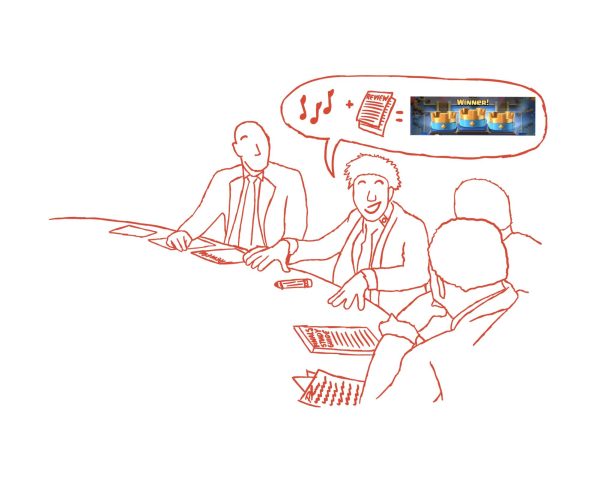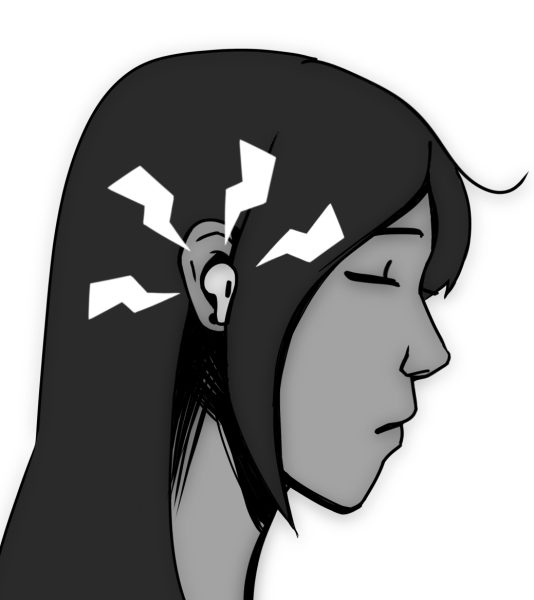Schools impose extreme standards on students
Schools have always been a place of competition. There’s a constant need to “win” when it comes to grades, extra curriculars, or even what kinds of classes you take. While outside factors, like parents, may also contribute to this competitive mindset, the root is the school system pushing students to the point where they’re completely burnt out from stress, mental illness, or plain exhaustion. High standards aren’t always bad, they give students an idea of what to aim for, but they also don’t take into account the personal life struggles that students face outside of school.
For many students, the problem is the abundant workload given to them by teachers. A study conducted by the University of San Diego found that on average, high schoolers are given around 6.8 hours of homework per week, or 1.36 hours per school night (Education Inequity: Homework and its Negative Impact on Students). While this doesn’t seem like much work at all, the same study stated that “after around four hours of homework per week, the additional time invested in homework has a negligible impact on performance.” This time is only an average, which means that there are students who spend two or three plus hours each night on homework and test preparation. After that initial 1.36 hours a night, students no longer strive to do well, they strive to be done.
Another stress factor is the grading system. Test grades hold a significantly greater weight than homework, even though homework is given every day, or every other day with block scheduling, and tests only come around every few weeks. Students are expected to study on top of the aforementioned hours of homework, which proves to be difficult because depending on when they study, they’re either thinking about their next assignment, or mentally exhausted from having to complete said assignment. Not to mention, one failed test could severely affect a student’s grade for the semester.
The high-stress environment that students are in comes with its own set of issues that can affect the students in different ways. A majority tend to feel the classic high school burnout, which according to Understood.org, occurs “when students face ongoing stress or frustration—with no time to relax and recharge.” This often takes a harder toll on students who learn and think differently. Stress can lead to the development or worsening of mental health disorders and interferes with how students perform in school. A good student affected by any type of mental illness could lose motivation and fall behind. Students shouldn’t be punished for feeling overwhelmed, but instead should be given guidance and support to get back on track.
So what needs to be done? Schools should start taking into account that teenagers are still kids. Pouring huge workloads on them every night isn’t going to help them learn and isn’t beneficial to their mental or physical health. A balance should also be found with how grades are taken. One test shouldn’t completely tank a student’s grade, but it should still cause some type of effect. Finally, schools should become aware of how they are affecting their students in order to create a safe and comfortable environment for everyone.
Your donation will support the student journalists of Saint Viator High School. Your contribution will allow us to purchase equipment and cover our annual website hosting costs.








